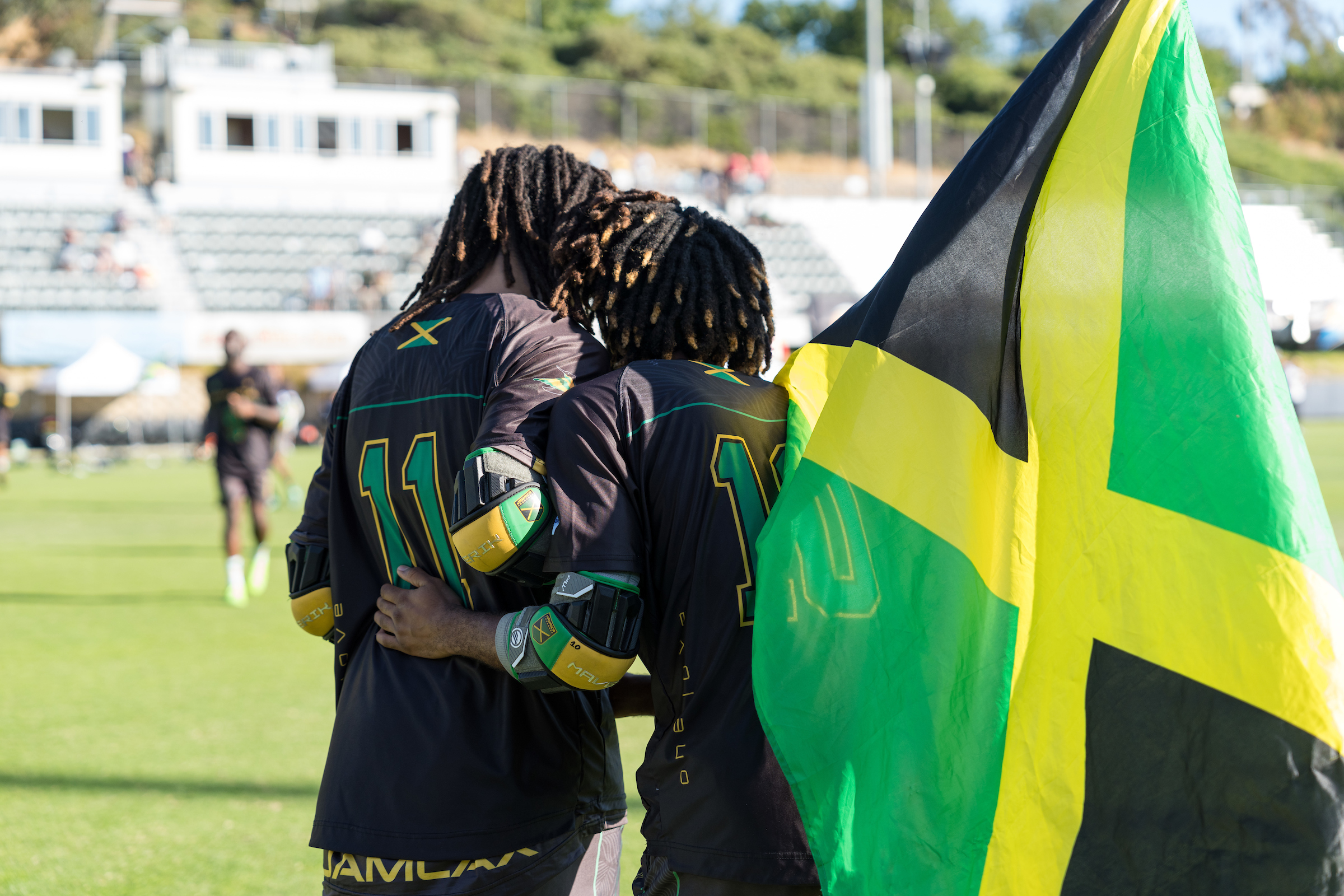When Mark Wilson played lacrosse back in the 1990s, he always had a Jamaican flag sticker on the back of his helmet. People always asked, “Does Jamaica have a team?”
The answer was always no.
Fast forward three decades and the Jamaican men’s national team is coming off an eighth-place finish at the World Lacrosse Men’s Championship, the highest a male sports team has ever finished in a world championship in Jamaican history. Wilson, now the team’s head coach, and Calbert Hutchinson, the president of the Jamaican Lacrosse Association, have helped build a program that’s now nearly 10 years old.
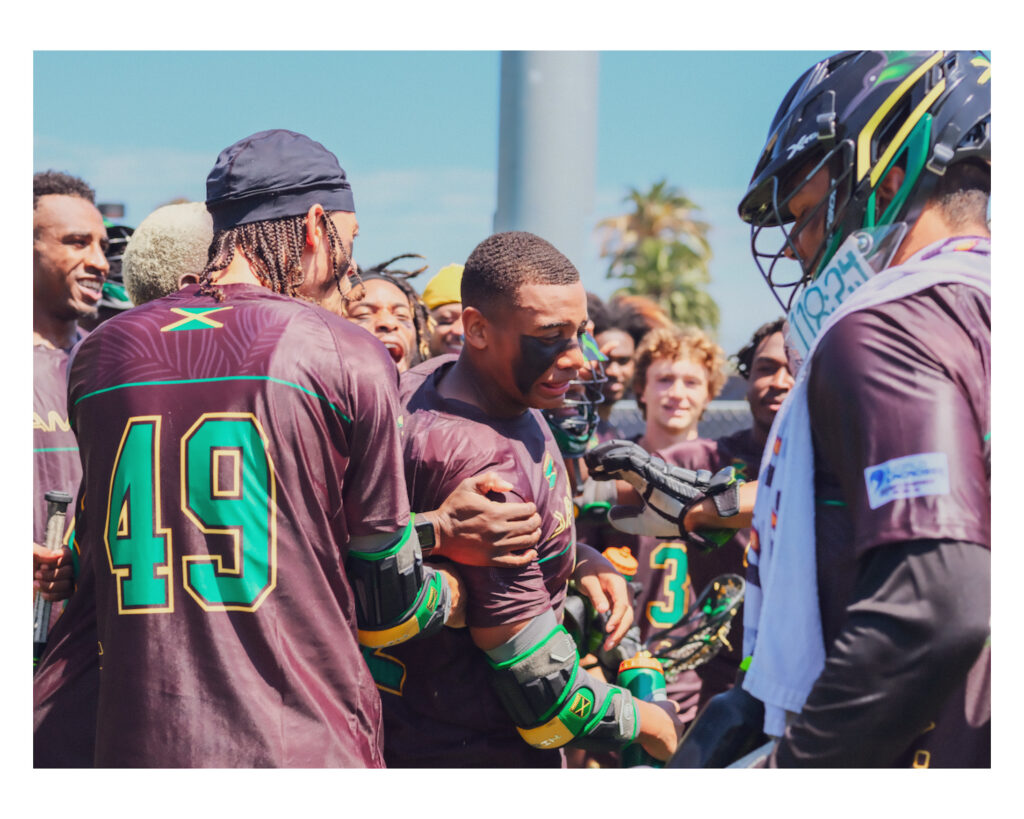
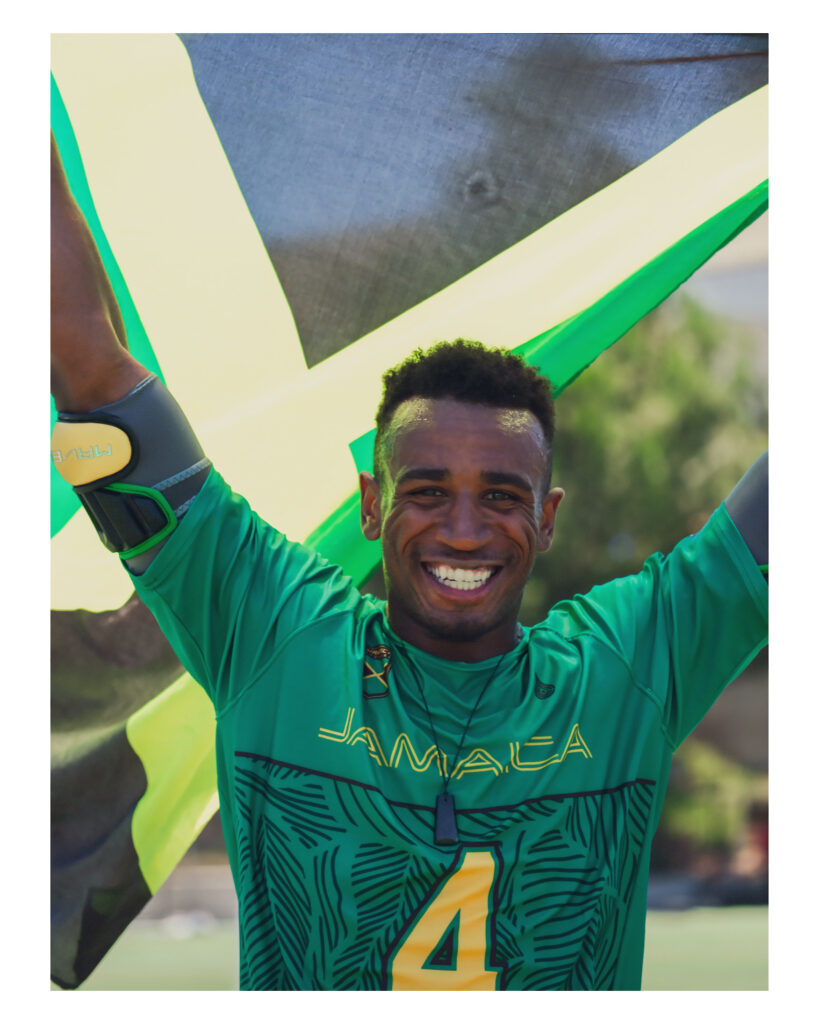
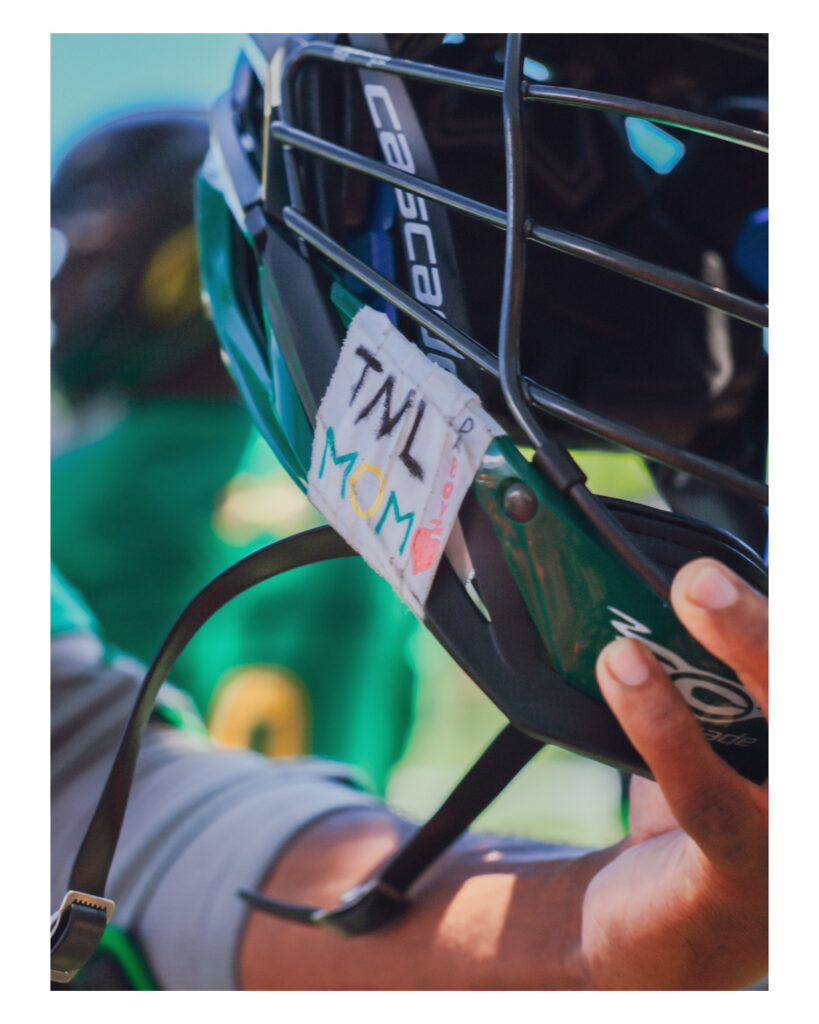

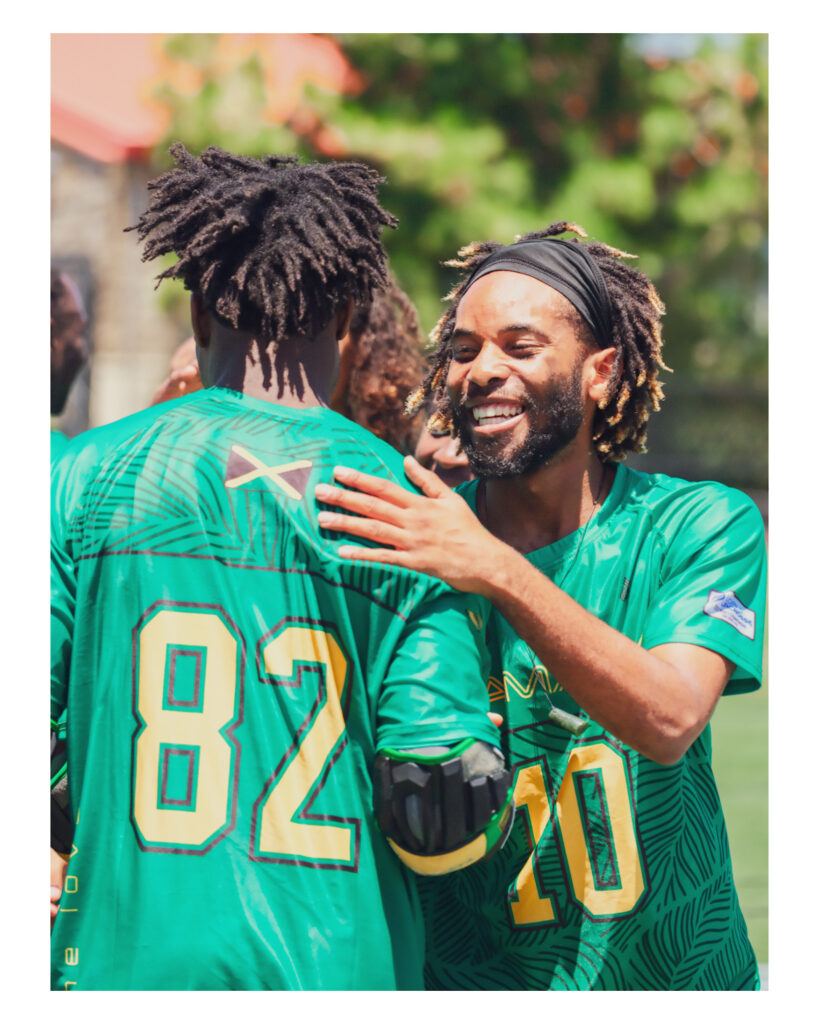
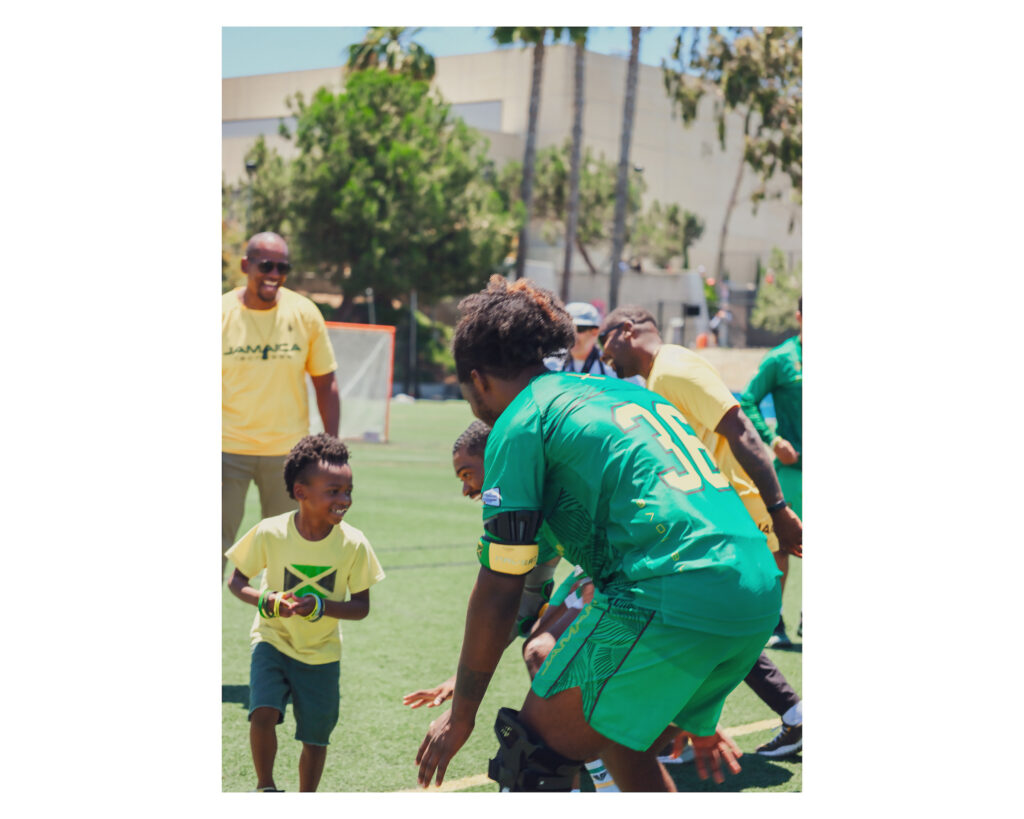
Over its time, the JLA has significantly expanded the reach of lacrosse on the island by embedding itself in high schools, taking advantage of the Jamaican education system’s passion for athletics.
There have been numerous challenges – namely a lack of access to equipment and playing opportunities for athletes who are not yet in high school. But what the organization has lacked in material resources is made up for in its spirit and enthusiasm.
“The athleticism is inherent in Jamaica and the student-athletes that are there can really carry over their natural talent to something that is unique and kind of create their own brand,” said Nate McPeak, who played goalie for Jamaica in at the world championship in San Diego.
McPeak’s teammate, Samuel Henry, remembered the thrilling atmosphere on his high school campus when they’d play games. They’d often schedule the boys’ and girls’ games on the same days at the same location, maximizing the excitement for lacrosse.
“One of the things I loved about playing down here was the spirit and energy on game day because of how they would schedule the games,” Henry said. “Everybody is so passionate and trying to win.”
The fact the JLA has done as much as it has since its inception foreshadows an even brighter future, especially as the raised profile of international competition drives even further interest.
For someone such as Wilson, who grew up playing lacrosse in New Jersey but hoped to one day represent Jamaica on an international stage, these opportunities to compete and help develop the next generation of players carries great significance.
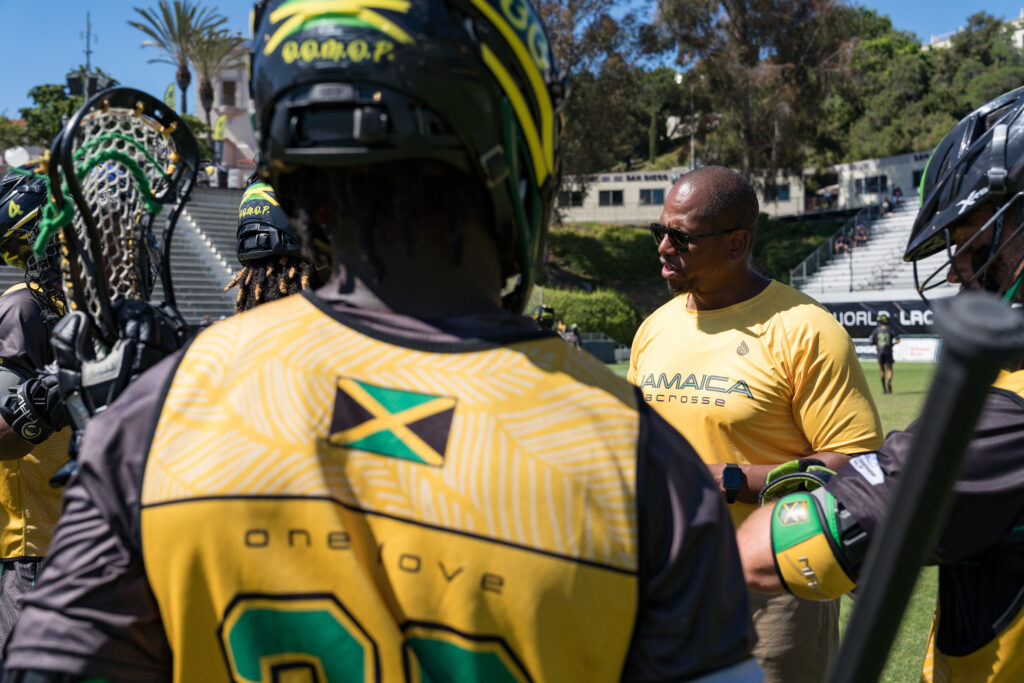
“It’s just been a huge passion of mine because my dad really instilled a lot of pride in us in our Jamaican heritage,” Wilson said. “And, obviously I love lacrosse, so the ability to merge those two things is like a dream come true.”
***
Hutchinson has never played lacrosse in his life, but he’s worked in education for more than 25 years. A teacher at St. George’s College in Kingston, he knew the best way to bring the sport of lacrosse into Jamaica would be through the education system.
“You’re talking about parents, you’re talking about students at these institutions who are ultimately our main stakeholder group, and then administrators, the minister of education and alumni,” Hutchinson said. “All of these stakeholders you can tap into if you’re aligned with the education system.”
Sports were already integral in high schools, so the infrastructure naturally existed for the introduction of a new sport. Lacrosse participation skyrocketed quickly.
Henry, who played at Kingston College in high school, remembered having to play at St. George’s College the first year he played lacrosse. There would be 80 guys signed up to play for 20 spots on the team. Nobody had their own stick, so they had to share with each other.
The solid foundation for student participation in athletics wasn’t the only reason for the growth, however.
“There’s a lot of people that joined because they realized that lacrosse is an American sport, seeing that it could be a gateway for them to get a scholarship to play in the States,” said Henry, who currently plays lacrosse at Webber International University in central Florida.
Added Hutchinson: “Students are big on academics, scholarships and the opportunity to study abroad,” he said. “Because we’re in traditional high schools where academics really matter, it is a unique opportunity to study abroad while playing lacrosse and developing those skills.”
Social media also helped play a key role in the growth of the game. The association sent around photos and videos and that brought more schools on board. There is still more room to expand – out of 14 parishes in Jamaica, only three parishes have high schools with lacrosse – and the hope is that continued exposure will help.
The eighth-place finish at the men’s championship should help as well. After finishing 13th in 2018, the top-10 ranking signified that lacrosse in Jamaica has staying power.
“We definitely believed that we could finish top 10, and getting it done is just huge for Jamaica, for Jamaica lacrosse,” said Wilson. “It’s amazing.”
From the players’ perspective, they would always love to finish a bit higher, but they also recognized the uniqueness of what they were able to experience and achieve.
McPeak recalled Jamaica’s game against Italy in the first round of the playoffs when his team held on to a one-goal lead late in the fourth quarter.
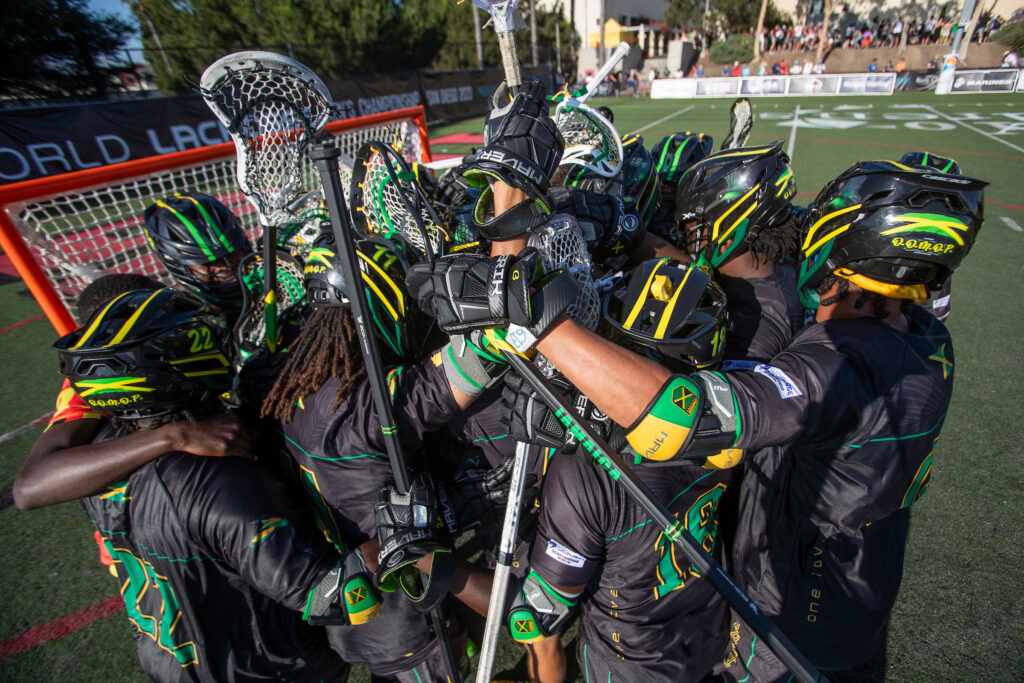
“I just started laughing because I was having so much fun with this group,” he said. “It was the most stressful situation that a team could be in. We had a one-goal buffer, and all I could do was chuckle because I had a good family on the field. Even though we could all feel the stress, there is nothing better than being part of a team with a profound heritage that we’re all connected with.”
From Hutchinson’s perspective, the excitement of watching that team made it quite easy to help promote the sport at the high school level.
“It has raised the overall profile of lacrosse through all walks of life in Jamaica,” he said of the impact of the championship. “We had the prime minister of Jamaica tweeting about the performance of lacrosse at the world championship as well as the minister of sports. All of this has enabled us to garner more support from the education system and from the different bodies supplying funding and more confidence in the overall program from parents and all the stakeholders.
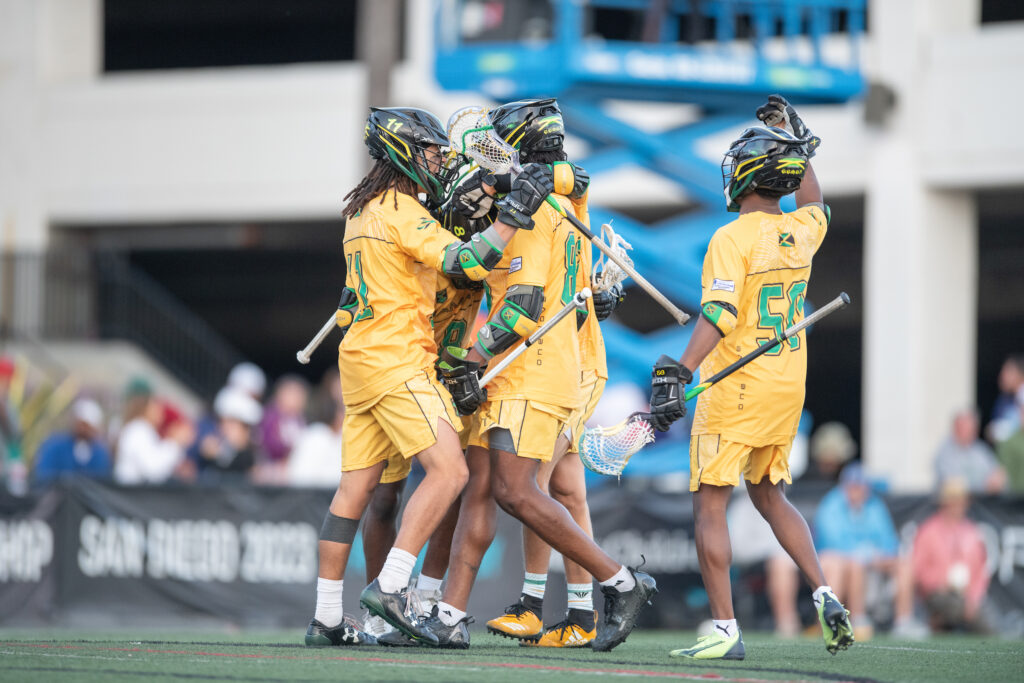
“It has done wonders.”
***
As Henry’s experiences having to share equipment with his teammate in high school showed, lack of equipment remains a major barrier to continued expansion of lacrosse on the island.
“We literally have to tell school administrators that we can’t start their programs now because we don’t have equipment coming in as fast as they want to play the game,” Hutchinson said.
In some sense, it’s a good problem to have. The high demand for the sport shows the potential for long-term growth.
Henry has spent three weeks of his summer working at a lacrosse camp in Kingston, coaching some of the younger players who are still in high school. Most of them, he said, are the best of the best on their school teams and are hoping to become part of the men’s national team. While Kingston is still a robust location for the development of talent, lacrosse could spread to even more regions, Henry said.
“My biggest regret is the fact that lacrosse isn’t able to expand all the way across (the island) because of lack of money, equipment and stuff like that,” he said. “There are still a lot of people that don’t even know that lacrosse exists in Jamaica and we’re working to change that.”
Another area of focus remains on developing coaches.
When Henry played in high school, his coach had only ever played soccer. With minimal knowledge of the sport, that meant players could fall into bad habits without proper instruction.
“What happened to a lot of players in Jamaica is we’re learning the wrong stuff. We’re figuring stuff out on our own,” Henry said. “There’s nobody there to correct you. A lot of small stuff that Americans would learn from when they were 7, we’re learning at 17.”
That’s an issue JLA is currently addressing directly. Lacrosse has been added to the curriculum for all physical education teachers at G.C. Foster College, the only institution for teaching physical education to potential educators in the Caribbean. Hutchinson said they’re also in discussions with Mico University College in Kingston to add lacrosse to its curriculum as well.
As a result, lacrosse should soon be taught in gym classes, just like soccer, to help students learn the correct techniques from a younger age and overall, to embed the sport in the island’s culture.
Hopefully, Henry said, that also helps address another barrier he and some of his friends dealt with while growing up: a lack of acceptance of the sport.
“A lot of guys, they don’t get approval from their friends and their family for playing lacrosse,” he said. “That’s one of the major motivations for a lot of players: proving people wrong, proving to Jamaicans that lacrosse belongs in Jamaica and Jamaica belongs in lacrosse.”
***
Despite the current challenges for the JLA, the future looks increasingly bright. The eighth-place finish in San Diego helps, but so does Hutchinson’s laser-like focus on the next steps for the organization.
Right now, the emphasis is on developing the sport locally, regionally and internationally.
Locally, he said, the plan is to expand lacrosse into high schools across all 14 parishes in the country.
Of course, much of that depends on how quickly they can acquire equipment. In terms of coaching shortages, Hutchinson said, there’s not much concern. Wilson and other coaches have made numerous trips to Jamaica to help develop the local coaches and continue to expand knowledge of the game.
“As much as we can get equipment in, we will be growing the game of lacrosse in all 14 parishes in Jamaica, and we’re talking about thousands of youngsters getting the opportunity in hundreds of schools,” Hutchinson said. “This is just high school. I’m not even talking about elementary schools yet. So, we have a lot of work to do on the local front.”
Regionally, the JLA wants to be the epicenter for lacrosse in the Caribbean, helping nearby countries in the Pan-American Lacrosse Association.
“We want to be that resource for emerging nations within the Caribbean, and we’re going to continue being that powerhouse within PALA next to the U.S., Canada and Haudenosaunee,” Hutchinson said.
On the international stage, the focus centers on participation in the 2028 Olympics, should lacrosse be included. Jamaica, Hutchinson said, was the first country to receive full recognition for lacrosse from its National Olympic Committee, so the JLA is now a full member of the Jamaica Olympic Association.
“We know that we have the player pool. We have the talent. We have the brand,” Hutchinson said. “We’re gradually getting that support to put together a strong contender for the 2028 Olympics. We believe we’re going to be there and that we’re going to get there.”
For those who’ve already been a part of what the JLA has to offer like McPeak, the national team and its truly global stage is a way to deepen the bonds and the excitement about the immense possibilities for lacrosse on the island.
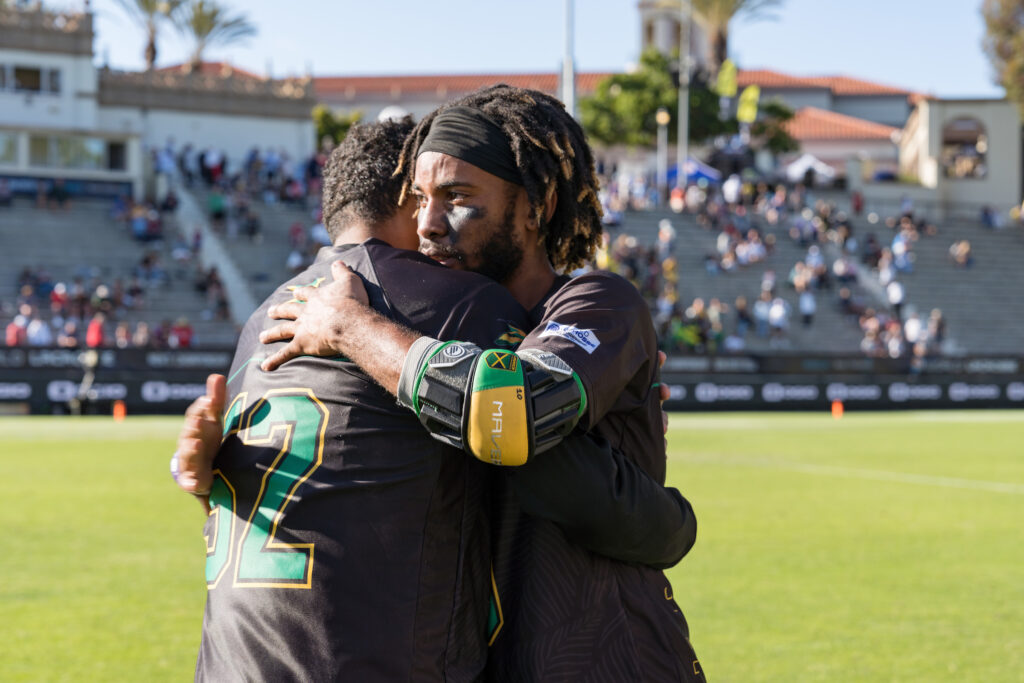
“It’s one of the most rewarding and challenging things because you’re not like a typical lacrosse team,” said McPeak about being part of the national team. “The relationships you form and develop while the team plays on the field, while you’re talking with each other off the field, it’s one of the most beautiful things that I’ve been able to experience.”
